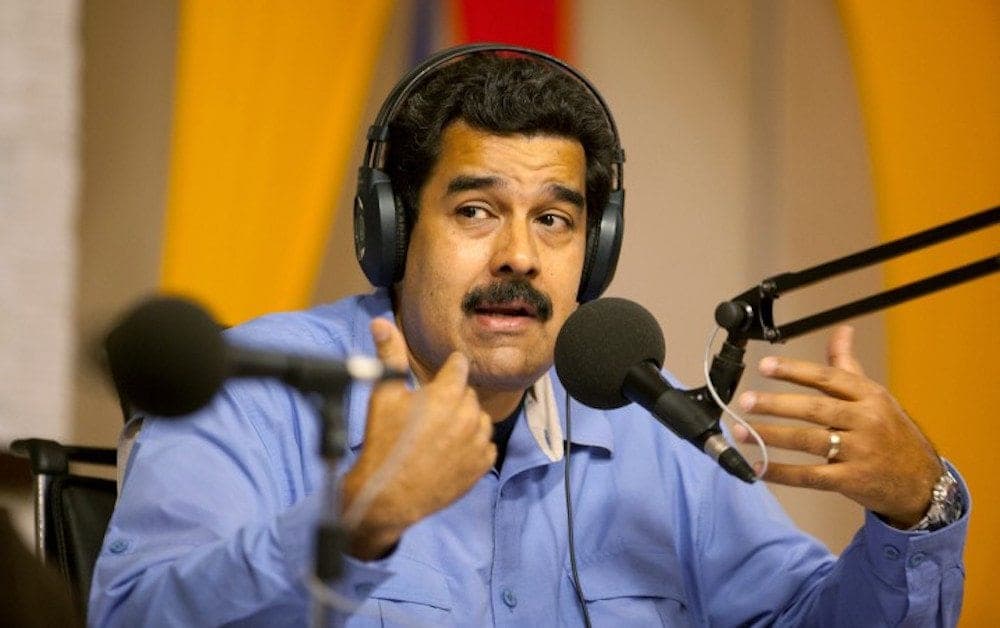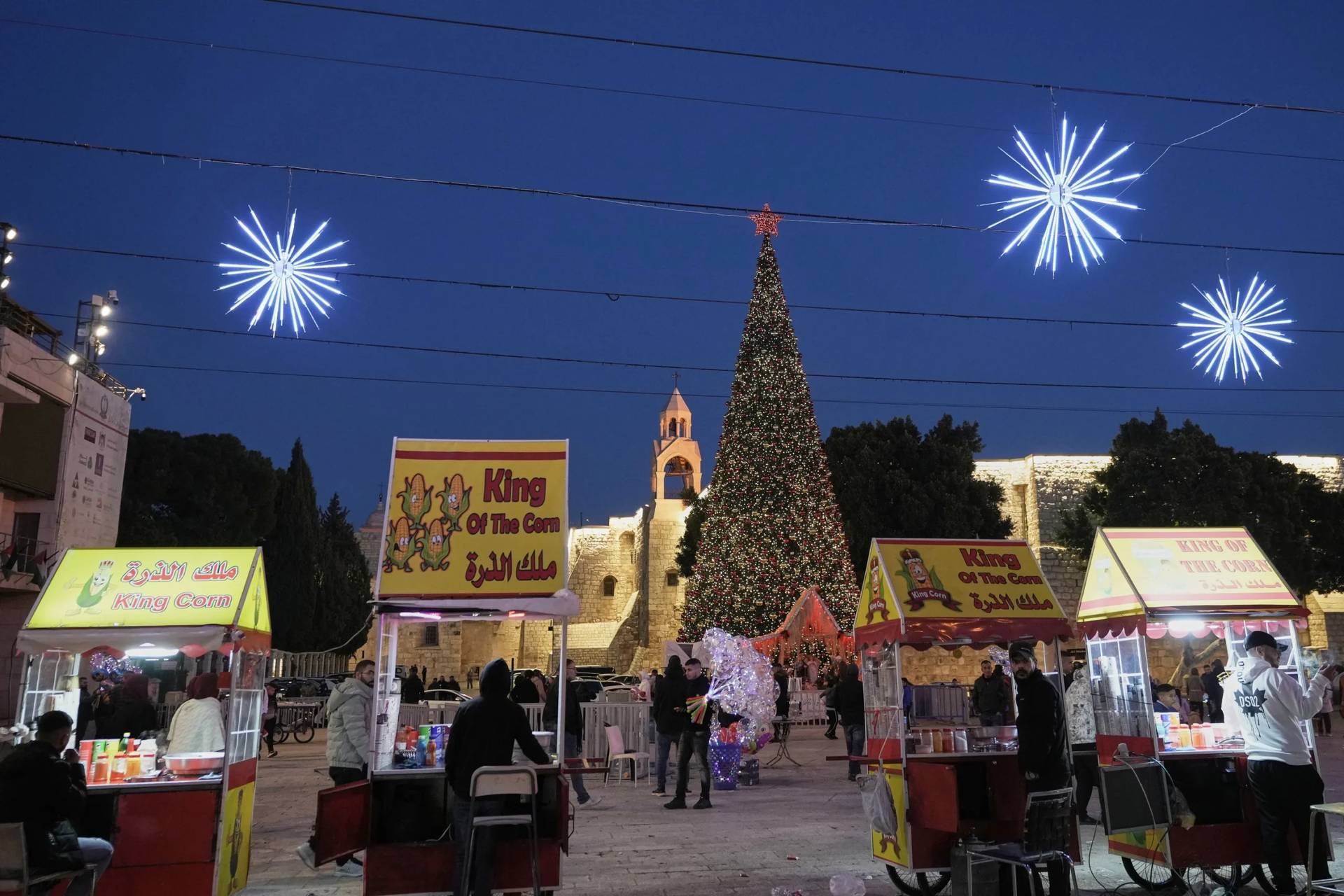The opposition in Venezuela is growing increasingly frustrated with the Vatican’s role in facilitating an end to the country’s political crisis. Henrique Capriles, who narrowly lost the presidential election to Socialist Nicolas Maduro in 2013, on Wednesday said that the Vatican “seems distant” to the hardship being faced by ordinary Venezuelans, and that Venezuela must be a priority for the pope.
“The situation is about to explode,” he told Spain’s ABC newspaper.
The country is facing food shortages, skyrocketing inflation, rising crime, and increasing authoritarianism under Maduro, the hand-picked successor to the late Hugo Chávez, who imposed his “Bolivarian revolution” on the country during his 14-year reign.
After winning the elections for the National Assembly in 2015, the opposition invited Pope Francis to lead negotiations with Maduro to end the political stand-off. The pope appointed longtime Vatican diplomat Archbishop Claudio Maria Celli as his chief negotiator between the government and the opposition, but the talks broke down in December.
The Vatican Secretary of State, Cardinal Pietro Parolin, who served as the papal representative to Venezuela from 2009 until 2013, sent a letter to Maduro that month detailing the concerns of the Holy See.
Parolin listed four issues that needed to be addressed in order to continue the talks: Solving the food and medicine crisis; agreeing to a timetable for elections; guaranteeing the constitutional authority of the National Assembly; and the release of political prisoners.
None of these demands were met, and the opposition refuses to return to the negotiating table until the government fulfills its promises.
Despite Parolin’s letter, the Vatican still has not officially ended its role as mediator, which has prevented other international actors from filling the void.
Capriles said three months of inactivity is only making the situation worse. “With the greatest respect and affection towards Pope Francis and Archbishop Celli, Where is the pope?” he asked. Capriles said that every day children are dying, sick people don’t have medicine, and nearly a fifth of the population go through the garbage to find food.
This is not the first time opposition members have asked the Vatican to take a stronger stand in the talks. In December, shortly after Parolin wrote his letter, the wives of several jailed Venezuelan opposition leaders chained themselves to the front of St. Peter’s Square, asking Pope Francis to remove his delegation from the talks unless political prisoners were freed.
The Vatican’s current Nuncio to Venezuela, Archbishop Aldo Giordano, has insisted dialogue is the only way forward, and recently said Pope Francis is keeping his eye on events in the country. Giordano said the pope is ready to hold a personal meeting with the parties, but only when “the time is right,” and that must be decided together by the government and opposition.
The head of the country’s bishops’ conference, Archbishop Diego Padrón Sánchez, has accused the government of trying to “intimidate” the local church, adding “never, in the history of the nation, had a government caused so much suffering to its people due to its actions and omissions.”
Last month, the Archbishop of Caracas, Cardinal Jorge Liberato Urosa Savino, accused the government of “mocking the Holy See” by officially supporting the dialogue, but taking measures that work against it. The cardinal said the government has been advancing a “totalitarian and dictatorial” agenda, and this was “completely contradictory” to its supposed will to enter into dialogue with the opposition.
Capriles said the Venezuelan bishops have been clear and firm in their support, but added “the Vatican seems distant.”

















